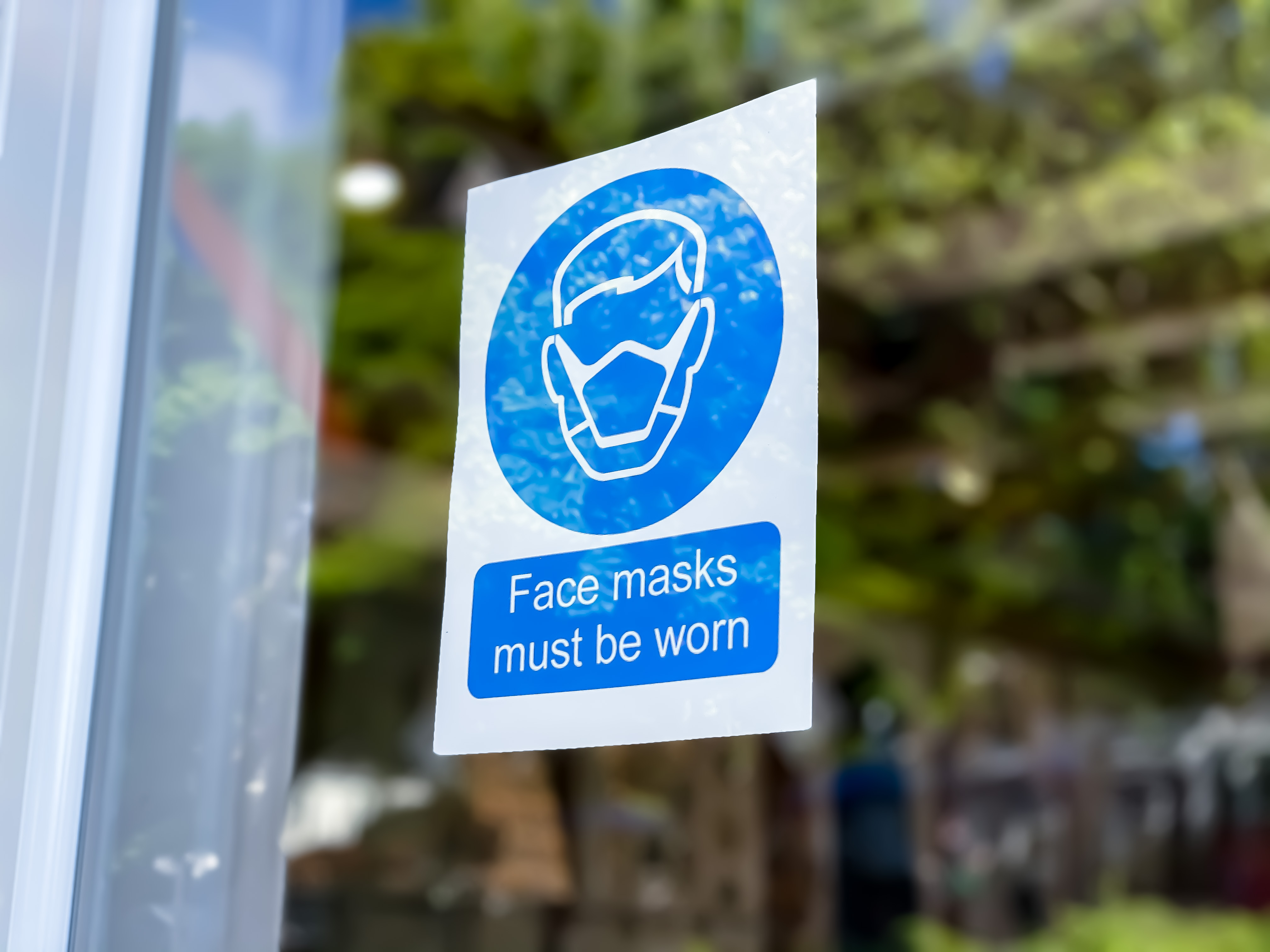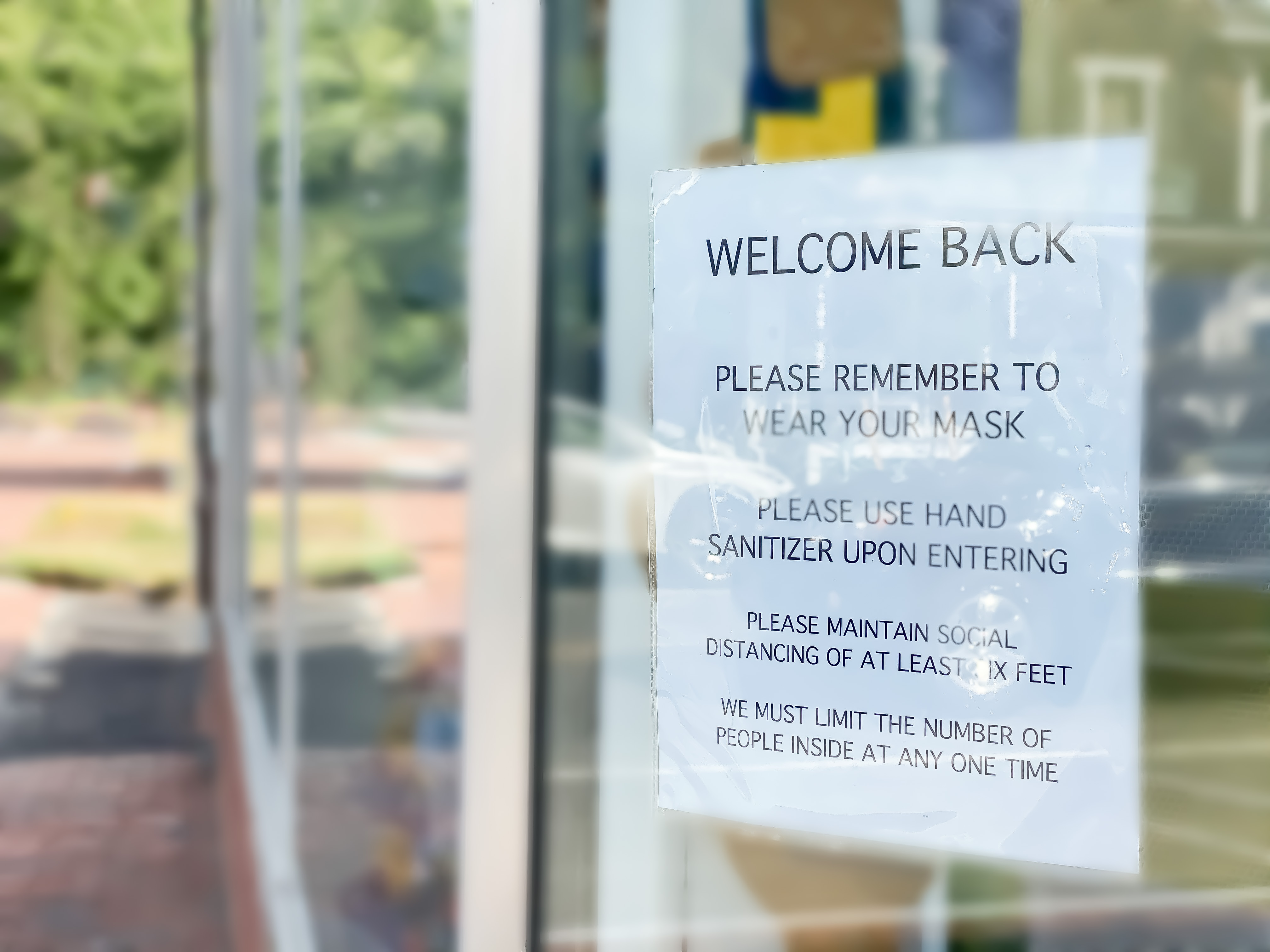Illinois' reopening plan is changing, but not just in the future.
Gov. J.B. Pritzker announced Thursday that in addition to a new transition phase the state must reach before Phase 5, there are also changes being made to the current Phase 4 guidelines.
Under a new rule, anyone with proof of full vaccination or a negative COVID-19 PCR test within one to three days of an event or outing will not count toward capacity limits.
In addition, lower-risk activities that were either not permitted or allowed at a lower capacity have been expanded in Phase 4.
Feeling out of the loop? We'll catch you up on the Chicago news you need to know. Sign up for the weekly Chicago Catch-Up newsletter here.
Still, Chicago said it is "evaluating the guidance released [Thursday] and will be releasing updated city guidelines early next week." The city said original Phase 4 guidelines will remain in place for now.
"While we are pleased to see more details on Statewide regulations - especially given the Governor's responsibility to govern for the entirety of the state - we continue to urge caution as we move to slowly and carefully reopen," a spokesperson for the mayor's office said in a statement, adding that "current regulations remain in place."
The changes to Phase 4 come as the state unveiled new metrics and guidelines aimed at transitioning into a full reopening, unveiling a so-called "Bridge Phase."
The updated guidelines bridge the gap between Phase 4, which the state is currently in, and Phase 5, which would mark a complete reopening and requires a widely available vaccine or highly effective treatment.
The new phase allows for higher capacity limits at places like museums, zoos and spectator events as well as increased business operations, the state announced, but masks will continue to be mandated.
For a look at what's changing between Phase 4 and the Bridge Phase click here.
According to the governor, the Bridge Phase "will serve as a transition period with higher capacity limits and increased business operations, without prematurely embracing a reckless reopening before the majority of Illinoisans have been vaccinated."
“We want and need to move forward, but we must be measured and cautious in the approach,” Illinois Department of Public Health Director Dr. Ngozi Ezike said in a statement. “Rather than flipping a switch and saying we’re now in Phase 5, we’re looking at it more like a dial – dialing back some of the capacity restrictions that helped reduce transmission, and ultimately the number of new cases, hospitalizations, and deaths. We don’t want to move too quickly and risk a significant reversal of our progress.”
Unlike previous mitigations and phases, all of Illinois will move through the Bridge Phase and Phase 5 together, once they meet the required metrics.
The state could be forced to revert back to an earlier phase if, over the course of 10 days, the state experiences an increasing trend in COVID-19 and COVID-like illness hospital admissions, a decrease in ICU bed availability, an increase in the mortality rate, and an increasing case rate, the state said.
In addition to the changes to the reopening framework, Pritzker also announced that eligibility for the COVID-19 vaccine will expand to all Illinois residents over the age of 16, except for those in the city of Chicago, beginning on April 12.
All Illinois residents over the age of 16 will be eligible to get vaccinated beginning on April 12, Pritzker said, adding that state officials in the coming days would make available more information on certain populations that will become eligible before that final expansion.



